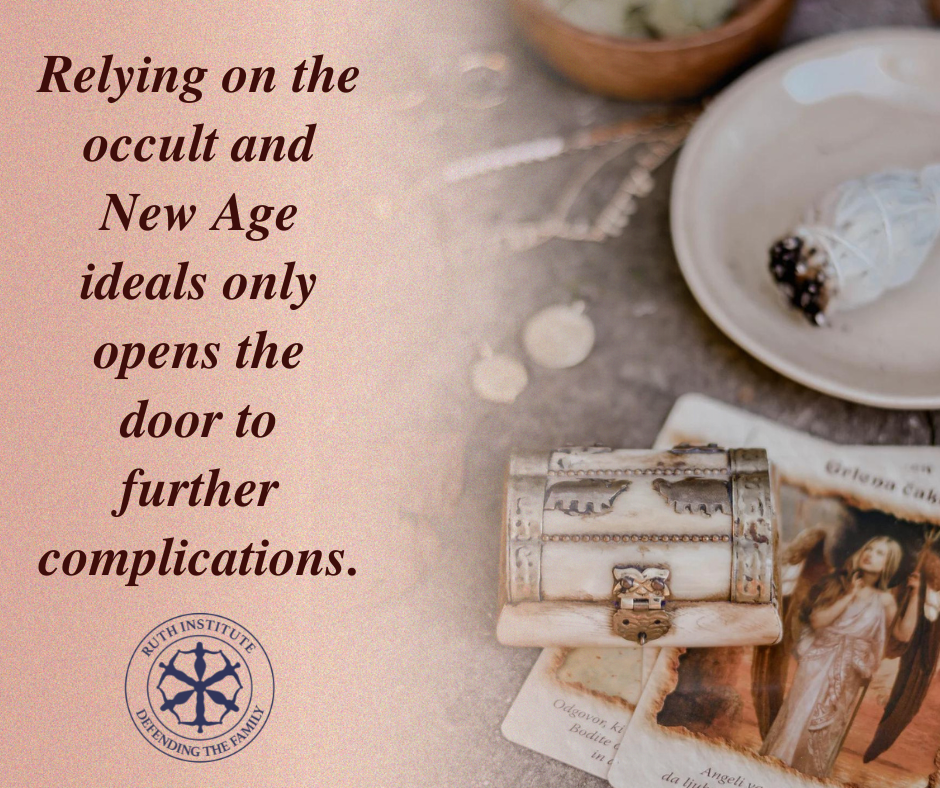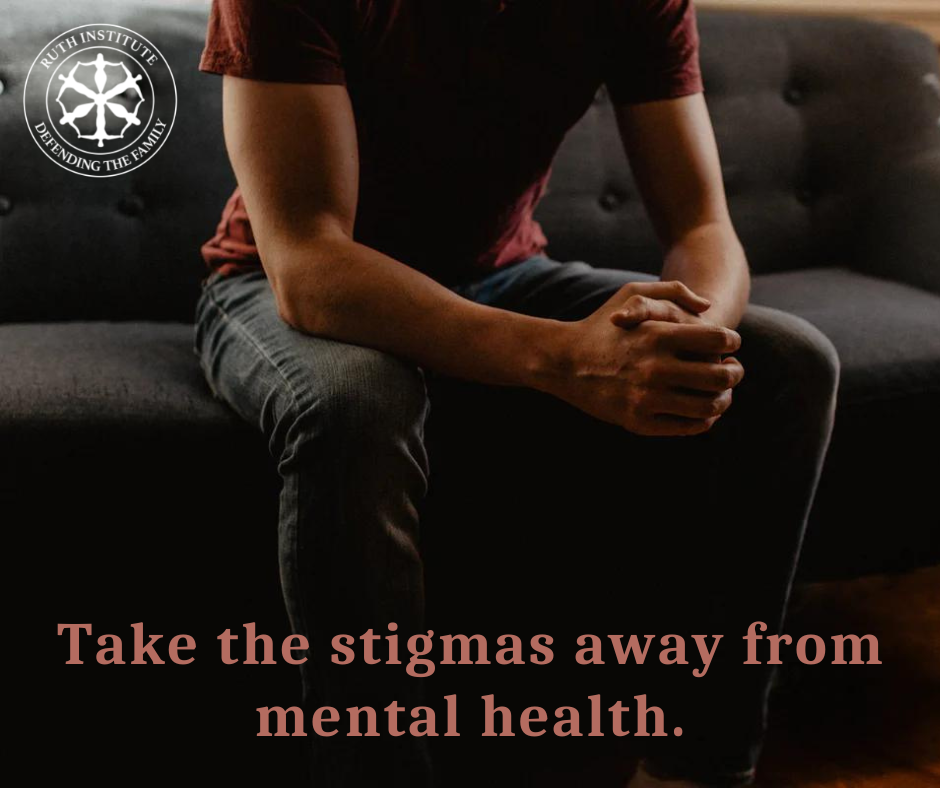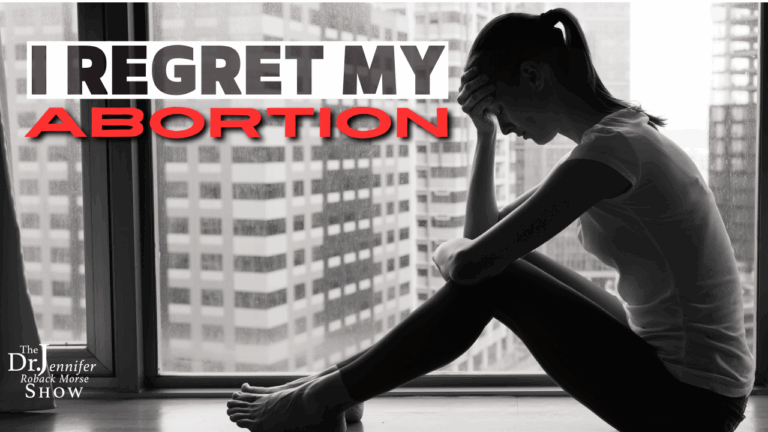I received this question from a reader: How can I find a good counselor for my healing? Would I require a trauma counselor or just any counselor? Should they be specialized in sexual abuse? Do you recommend online counselling or in person?
Therapy. It’s something that makes some people squirm. Yet, choosing a good counselor and seeking professional help can be hugely beneficial. It is also an important part of the healing process. There is absolutely no shame in seeking out help and support when you need it. This is especially true for a trauma survivor. Please know that you do not need to suffer silently. Recognizing that you need help and asking for it is one of the most courageous things you can do.
Unfortunately, with the prominence of the New Age movement and pervasive liberal tendencies dominating the psychology field, these are tricky times to find a good, reputable counselor. If you watched Matt Walsh’s documentary What is a Woman? you have already gotten an accurate glimpse into the present state of the psychology field. It’s frightening.

The good news is that, despite present-day psychology being a somewhat tricky field to navigate, there are good counselors out there. So how do you go about finding one? And what if you are someone looking for support to deal with a trauma such as sexual abuse? I have some suggestions for you!
To begin with, if you are a person of faith, my advice is to start with prayer. Pray for the guidance of the Holy Spirit as you seek out someone to help support, counsel, and guide you on your healing journey. Next, determine what your goals are. For example, do you want faith-based counseling? Do you want/need someone who specializes in whatever trauma you are dealing with?
When it comes to choosing a Catholic or Christian counselor, it can certainly be helpful especially if you are also seeking help with aspects of your faith. For example, a clerical abuse survivor or a Catholic struggling with same-sex attraction might choose to utilize their faith throughout the healing process. Considering we are all spiritual beings in a human experience, addressing the mind, body, and spirit connection is something I personally do recommend.
Of course, the title of “Christian” or “Catholic” doesn’t necessarily mean that a professional can be automatically trusted to be a good, holy counselor. Just because someone claims to be basing their advice on Christian perspective doesn’t mean it’s true. These days, the overwhelming majority of the psychology field is secular and even “faith-based” counselors can be very manipulative in how they portray their so-called “faith-based” practices.
With that in mind, here are some questions to consider when reviewing potential counselors:
-What is their belief system? Be sure to ask how their faith influences psychological healing. You want someone who is going to encompass the whole mind, body, spirit connection but in a normal, Christian way (not in a New Age way). Does this person mirror your values?
-What is his/her education? Someone might very well be very knowledgeable on matters of faith, but it is also important that they have ample knowledge of psychology and the brain.
-What are your goals? If, for example, you need help addressing a trauma such as sexual abuse, it is definitely helpful to consider choosing a counselor who specializes in that kind of therapy.
-Do you feel comfortable with this person? You may prefer to have a counselor of a particular gender (for example, a woman who has suffered the trauma of rape, may feel more comfortable speaking with another female) so keep that in mind.
-Does this person make you feel respected? Do you feel validated? Will they be an ally to you? Will they push you when you need pushing and encourage you? Is this someone you can accept positive and critical feedback from?
On a side note…yes, you do need to be willing to be “pushed” and to receive constructive criticism. If you’re not ready for that, you might not be ready for professional counseling. I know it can be humbling!
-If you are meeting in their office, what is the office environment like? Does it make you feel welcome and comfortable? Are there “New Agey” signs or decor around? A counselor’s choice of decor can say a lot about them and their methods. If you are trying to choose a faith-based counselor (say, of solidly Catholic or Christian background) who is not aligned with liberal, progressive ideals, use caution if you see (to name a few examples) Buddha statues, dream catchers, healing stones, and rainbow flags in their office space. These just might be possible indications that this individual isn’t a good fit for you. This is just one of the reasons why asking questions and getting to know a counselor before deciding to stick with them is so important. I am not suggesting that anyone who has a particular decor item in their office is automatically a “bad” counselor – they may be very well-educated and well-versed in psychology. It just so happens that there are certain decor choices that tend to follow individuals with more liberal ideologies, and some of their methods may not coincide with what you are personally looking for. On the other hand, just because a counselor has a crucifix or a pair of rosary beads displayed, doesn’t automatically mean that he or she is going to be a great fit either. You ultimately have to choose someone who you feel understands and respects your values. You need to feel comfortable with them.
On a side note, there are surprisingly some counselors out there who also encourage practices such as psychic readings, certain forms of meditation, and communicating with the dead through occult practices. Newsflash: despite what some individuals within the psychology field might try to convince you of, this is not normal. Accepting the mysteries of life is hard. However, relying on the occult and New Age ideals will only lead to more problems. This also opens the door to further complications in your life. If you are trying to keep God at the center of your healing, your unhealthy curiosities should be turned over to God alone (to the best of your ability).

-As far as in-person treatment vs online, that’s a matter of personal preference. While there is something to be said for in-person interaction, participating in treatment online can be easier/more convenient in some situations.
Remember that it could take a few sessions before you get a good feel of the person and whether he or she is a good fit. You may also know right away. Never feel that you have to stick with this one person. I know that finding a good counselor can be overwhelming and difficult, but the hard work and patience will pay off when you find the right one for you.
Where should you start looking?
As far as where to start with choosing a good counselor, a referral from a trusted friend, family member, doctor, or church member could be helpful. Although, your goals may be different from theirs so do keep that in mind. A high recommendation doesn’t necessarily mean that counselor “has” to work out for you. If you feel comfortable doing so, ask around. There are also many online resources that can give you names, numbers, and websites to refer to.

No counselor is going to be perfect. However, there are good men and women out there able to support you and guide you. Whatever you are struggling with, finding the right counselor for you is a hurdle to cross. It is not an impossible one. Finding a good counselor can make a big difference in your healing journey so don’t give up!



